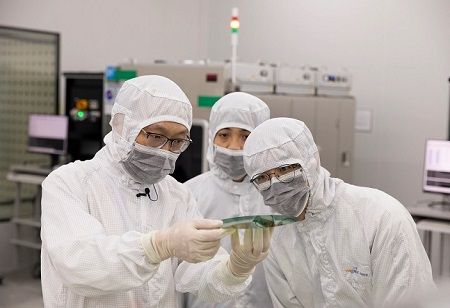More than a dozen Chinese universities are revamping their engineering and technology programs to focus on advanced fields like AI and big data, in response to a government directive to cultivate more talent in these areas. A total of 19 universities have either suspended or completely eliminated 99 majors. For instance, Sichuan University is contemplating the removal of 31 majors, such as animation, acting, and applied physics, while introducing a new major in biomass science and engineering, according to the report.
The university said the major would replace “light chemical engineering” amid hopes it would not only support traditional industries such as tanning and papermaking but would adapt to future needs of the emerging biomass industry. This move follows requests from the Ministry of Education to “adjust structures of university majors and talent-training schemes to better serve China’s modernization”.
Last month, a ministry document said it supported efforts by universities to cultivate talent in key areas, including manufacturing of integrated circuits, artificial intelligence, quantum technology, life sciences and energy. According to a research paper from the Wuhan-based Huazhong University of Science and Technology last month, the biggest changes to academic courses in the past decade have been in engineering majors.
Official data reveals that between 2013 and 2022, Chinese universities added 7,566 new engineering majors. Additionally, 96 new fields of study were introduced, including robotics, AI, and big data. According to the research paper, the removed majors were typically from traditional engineering disciplines, while the new majors, such as blockchain, integrated circuit design, and cybersecurity, align with emerging technologies, government strategies, and regional economic development.
The Chinese government and its ministries have consistently emphasized the need to develop and cultivate tech talent. On August 2, Wu Yan, the vice-minister of education, urged that professional education in China be better aligned with industry needs. In an article in the CPPCC Daily, Wu highlighted that the ministry has encouraged universities to offer courses in areas where there is the greatest demand for talent.
The push for tech talent is driven from the top. In recent years, President Xi Jinping has been advocating for an innovation-driven economy as part of the competition with the United States and striving for self-reliance due to Western sanctions that limit access to semiconductors. In a speech in June, Xi said China needed to “seize the high ground. There are still some shortcomings [and] weaknesses,” Xi said while urging a boost to “national strategic scientific and technological forces” to support “basic research while encouraging free exploration”.
According to a recent three-year government plan, China has initiated programs to train digital engineers, technicians, and workers in fields such as big data, AI, smart manufacturing, integrated circuits, and data security. As part of this plan, Chinese universities are required to introduce new majors focused on the digital economy and enhance interdisciplinary training.

